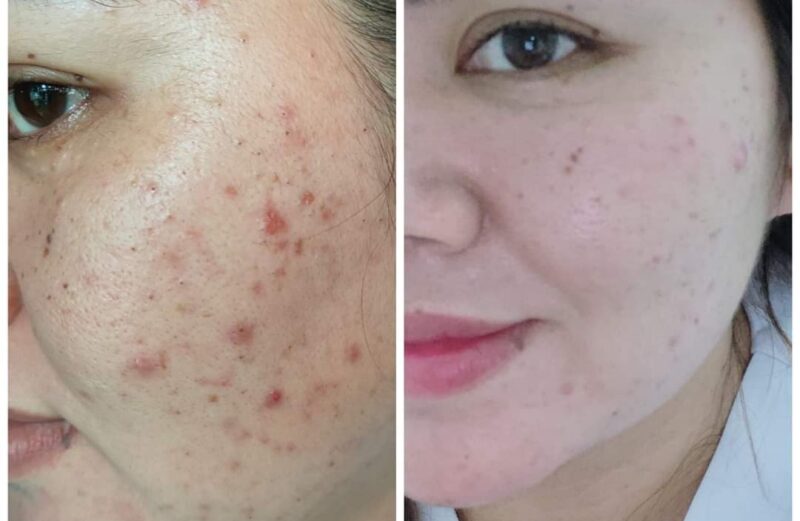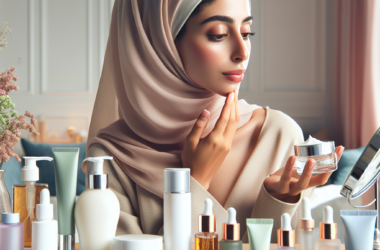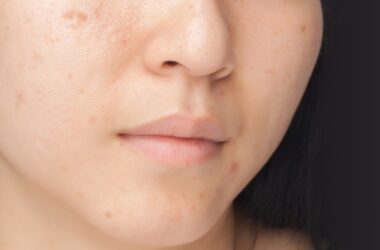Acne Myths vs. Facts: Debunking Common Misconceptions
Table of Contents
Introduction
Acne is a common skin condition that affects millions of people worldwide. Despite its prevalence, there are many misconceptions about acne that can lead to ineffective treatments and prolonged suffering. In this article, we will debunk common myths about acne and provide you with the facts to help you better understand and manage this condition.
Myth 1: Acne is Caused by Poor Hygiene
One of the most common myths about acne is that it is caused by poor hygiene. However, this is simply not true. Acne is caused by a combination of factors, including hormonal changes, genetics, and bacterial infections. While good hygiene practices, such as washing your face twice a day, can help to reduce the severity of acne, they are not the cause of the condition.
In fact, over-washing can even exacerbate acne by stripping the skin of its natural oils, leading to dryness and irritation. So, it’s important to strike a balance between keeping your skin clean and not over-cleansing.
Myth 2: Only Teenagers Get Acne
Another common myth is that acne only affects teenagers. While it is true that acne is most common during puberty, it can affect people of all ages, including adults. In fact, adult acne is a growing concern, with millions of people experiencing acne-related breakouts each year.
Adult acne can be caused by a range of factors, including hormonal changes, stress, and certain medications. It’s important to seek treatment from a dermatologist if you’re experiencing acne as an adult, as it can be more challenging to treat than teenage acne.
Myth 3: Popping Pimples Will Clear Up Your Skin
Popping pimples is one of the most common mistakes people make when trying to treat acne. While it may seem like a quick fix, popping pimples can actually make things worse. When you pop a pimple, you’re pushing bacteria and other debris deeper into the skin, which can lead to further inflammation and scarring.
Instead of popping pimples, it’s better to let them heal on their own or seek treatment from a dermatologist. Topical and oral medications can help to reduce inflammation and prevent further breakouts, while also promoting healing and reducing the risk of scarring.
Myth 4: Dairy Products Cause Acne
Some people believe that dairy products cause acne, but the science is not on their side. While dairy products may trigger acne in some people, there is no conclusive evidence to support this claim. In fact, the American Academy of Dermatology states that there is no direct link between dairy consumption and acne.
That being said, it’s possible that dairy products may exacerbate acne in some people, particularly those who are sensitive to lactose or have other dietary sensitivities. If you’re experiencing acne and are concerned about dairy products, it may be worth trying a dairy-free diet to see if it improves your skin.
Myth 5: Acne is a Sign of Poor Health
Finally, some people believe that acne is a sign of poor health or a lack of self-care. However, this is simply not true. Acne is a common skin condition that can affect anyone, regardless of their lifestyle or health habits. It’s important to remember that acne is not a reflection of your overall health or well-being, and that it can be effectively treated with the right medication and skincare routine.
In conclusion, there are many myths surrounding acne that can lead to ineffective treatments and prolonged suffering. By understanding the facts and debunking these myths, you can take control of your acne and develop a treatment plan that works for you. Remember to be patient, persistent, and gentle with your skin, and don’t hesitate to seek professional help if you’re struggling with acne.
Recommended Products
-
Product on sale
 CeraVe Acne Control Cleanser – 237mlOriginal price was: KD9.000.KD8.000Current price is: KD8.000.
CeraVe Acne Control Cleanser – 237mlOriginal price was: KD9.000.KD8.000Current price is: KD8.000. -
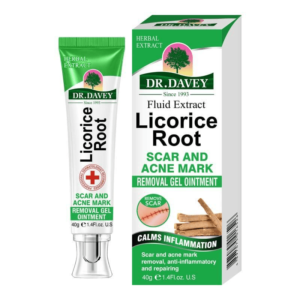 Dr. Davey Licorice Root Scar & Acne Removal Gel Ointment – 40gKD2.500
Dr. Davey Licorice Root Scar & Acne Removal Gel Ointment – 40gKD2.500 -
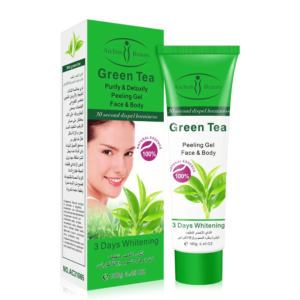 Aichun Beauty Green Tea Peeling Gel Face & Body – 100gKD2.490
Aichun Beauty Green Tea Peeling Gel Face & Body – 100gKD2.490 -
Product on sale
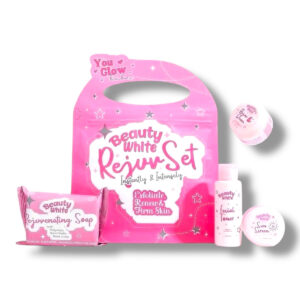 You Glow Babe Beauty White REJUV SETOriginal price was: KD8.000.KD6.000Current price is: KD6.000.
You Glow Babe Beauty White REJUV SETOriginal price was: KD8.000.KD6.000Current price is: KD6.000. -
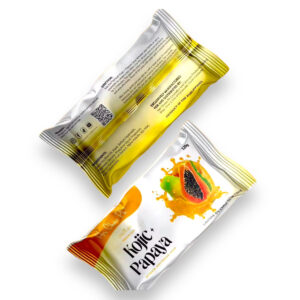 Her Choice Kojic Papaya Soap 120gKD2.500
Her Choice Kojic Papaya Soap 120gKD2.500 -
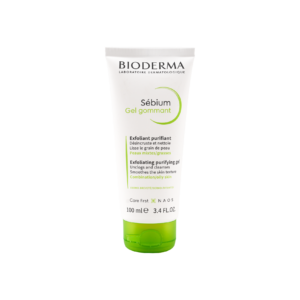 BIODERMA SEBIUM EXFOLIATING GEL 100MLKD6.560
BIODERMA SEBIUM EXFOLIATING GEL 100MLKD6.560 -
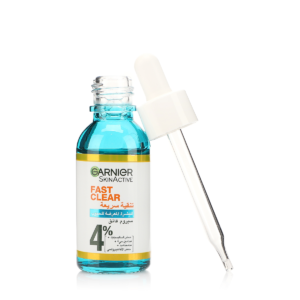 Garnier Fast Clear Serum 15mlKD2.760
Garnier Fast Clear Serum 15mlKD2.760 -
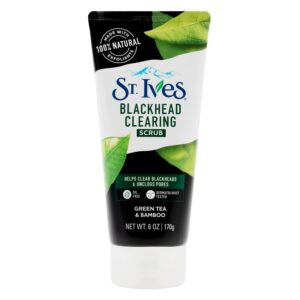 St.Ives Blackhead Clearing Scrub 170g – Green Tea & BambooKD3.720
St.Ives Blackhead Clearing Scrub 170g – Green Tea & BambooKD3.720 -
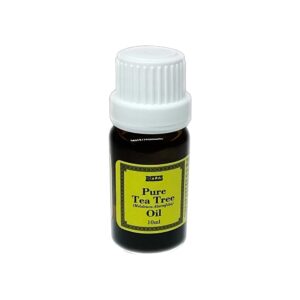 Bells Pure Tea Tree Oil 10mlKD3.000
Bells Pure Tea Tree Oil 10mlKD3.000

